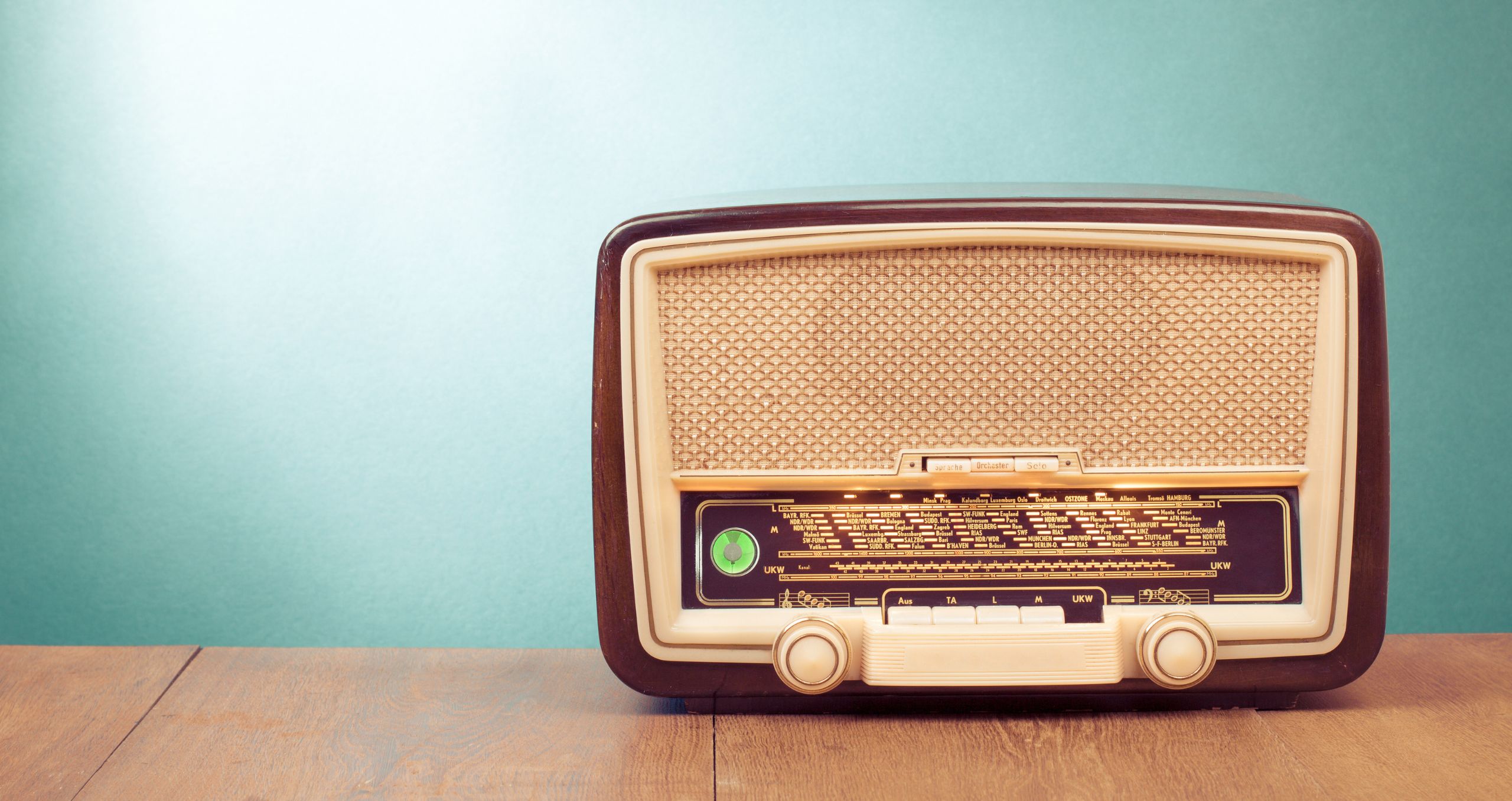In celebration of World Radio Day, we take a look back at the history of the medium, spanning more than a century of technological innovation and cultural transformation. From its modest beginnings in the 19th century to the digital age of the 21st century, radio has been a powerful medium that has influenced society in profound and varied ways.
The history of radio begins with the pioneering experiments of scientists and inventors such as Nikola Tesla, Guglielmo Marconi and Heinrich Hertz in the late 19th and early 20th centuries. In 1895, Marconi succeeded in sending radio signals across the English Channel and laid the foundation for the development of radio as a means of communication.
The 1920s marked the beginning of the “Golden Age” of radio, with the proliferation of commercial stations and entertainment programmes. Families gathered around radio receivers to listen to variety shows, dramas, news and music. Radio became the primary means of entertainment and a powerful tool for disseminating information.
With the popularisation of television in the 1950s, many predicted the decline of radio. However, radio proved to be incredibly adaptable and found its niche in music programming, news radio and talk shows.
The advent of the Internet and digitisation revolutionised the industry once again. New forms of distribution emerged, such as Internet radio and podcasts, allowing listeners to access a wide variety of content anytime, anywhere. Satellite radio also became a popular option, offering diverse and commercial-free programming.
Today, despite increasing competition from other media, radio is still relevant today. Many people tune in to the radio while driving, working or doing household chores. In addition, radio has proven to be a crucial medium during emergencies and natural disasters, providing vital information and serving as an important link to the community.
As technology advances, radio will continue to evolve to adapt to the changing needs and preferences of listeners. Artificial intelligence, personalisation and interactivity are expected to play an increasingly important role in the radio of the future. However, despite all these changes, the essence will remain the same and fundamental: its great ability to connect people through sound.
In short, the evolution of radio is a testament to the human capacity to innovate and adapt. From its modest beginnings to the digital age, radio has proven to be a resilient and enduring medium that continues to play an important role in the lives of people around the world.







